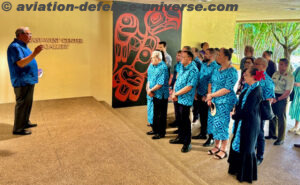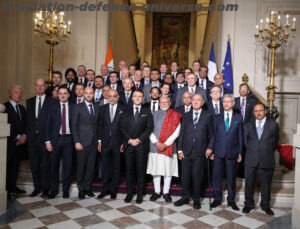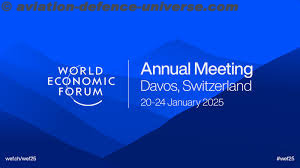New Delhi. 18 December 2020. The 12th meeting of the India-Australia Joint Working Group on Counter-Terrorism was held virtually on 17th December, 2020. Mahaveer Singhvi, Joint Secretary for Counter Terrorism in the Ministry of External Affairs of India and Tony Sheehan, Deputy Secretary International Security, Humanitarian and Consular Group in the Department of Foreign Affairs and Trade of Australia led the respective delegations of experts to discuss the ongoing counter-terrorism cooperation between the two countries.
Both sides underlined their commitment to coordinate and collaborate to counter terrorism, as set out in the Joint Statement on a Comprehensive Strategic Partnership between Republic of India and Australia made by Prime Ministers Modi and Morrison at the Leaders’ Virtual Summit held on 4 June 2020.
India and Australia strongly condemned terrorism in all its forms and manifestations and emphasized the need for strengthening international cooperation to combat terrorism in a comprehensive and sustained manner. Both sides condemned the use of terrorist proxies for cross-border terrorism.
The two sides reviewed threats posed by UN-sanctioned terrorist entities and emphasized the need for concerted action against all terrorist networks. The two sides also exchanged views on proscription of terrorist individuals and entities as a tool to combat terrorism.
Both the countries underlined the urgent need for all countries to take immediate, sustained, verifiable and irreversible action to ensure that no territory under their control is used for terrorist attacks and to expeditiously bring to justice the perpetrators of such attacks. Australia reiterated its condemnation of terrorist attacks in India, including 26/11 Mumbai, Pathankot and Pulwama and reiterated its support for the people and the government of India in the fight against terrorism.
They exchanged views on various areas of cooperation in the sphere of counter-terrorism including countering radicalisation and violent extremism, combating financing of terrorism, preventing exploitation of the internet for terrorism and violent extremism, law enforcement cooperation, information sharing, and capacity building. The discussions were also informed by the challenges the COVID-19 pandemic presented to combating terrorism.
Both sides committed to working closely together to respond to these challenges and discussed ways to deepen engagement between their respective counterpart agencies to further advance interaction, cooperation and information sharing in the sphere of counter-terrorism.
The two sides also discussed counter-terrorism cooperation in multilateral fora such as the UN, G-20, GCTF, ARF, IORA and FATF, as well as in the Australia-India-Japan-US consultations, and ways to further enhance this cooperation.




























































































































